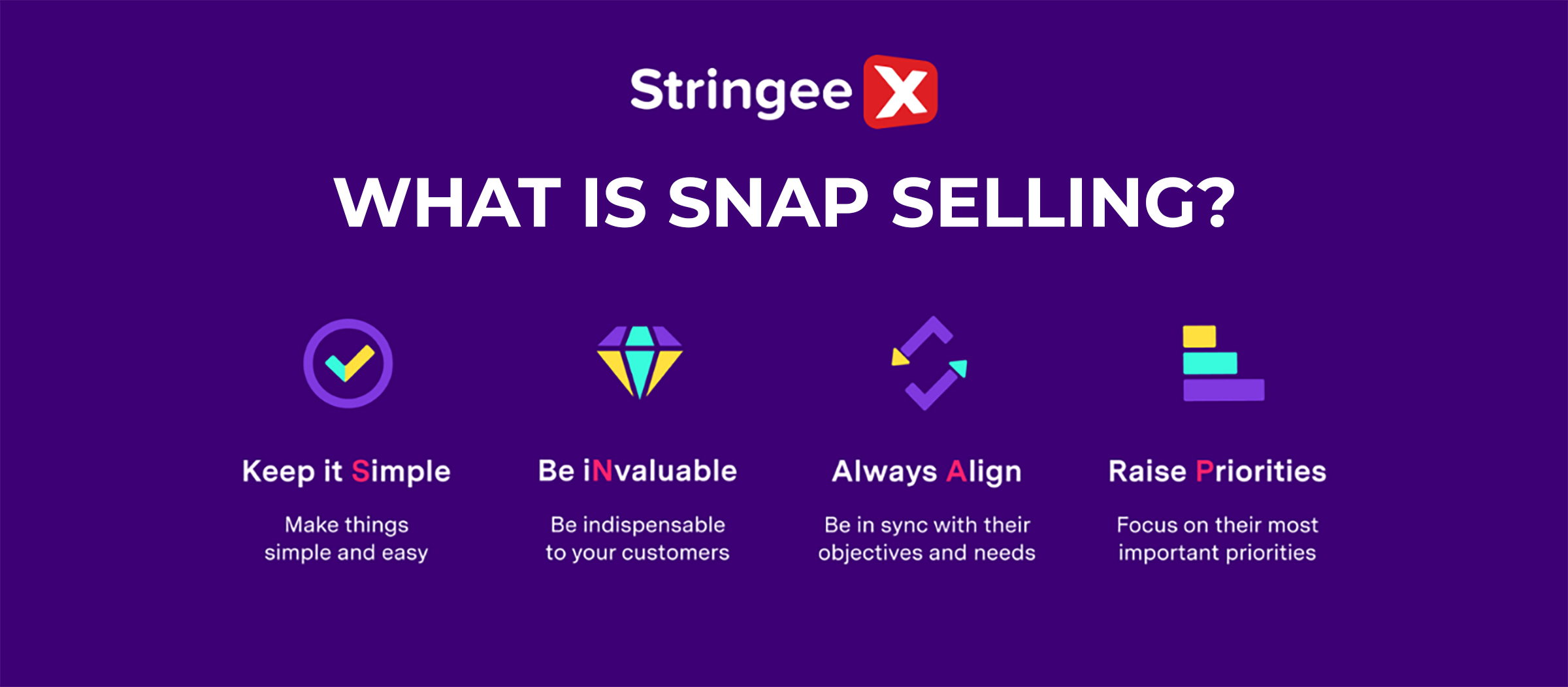Introduction
Customer relationship marketing isn't just about transactions; it's about cultivating meaningful relationships that transcend a single sale. CRM empowers businesses to forge lasting bonds with their clientele through personalised engagement, loyalty programs, and data-driven insights.
Join us as we unravel the essence of customer relationship marketing, exploring its strategies, benefits, and transformative potential in today's competitive marketplace.
Understanding Customer Relationship Marketing
Customer relationship marketing (CRM) is a strategy that focuses on understanding customers' needs and building long-term relationships with them.
It involves analysing data to gain insights into customer behaviours and preferences and tailoring marketing efforts accordingly. When done effectively, CRM can significantly boost customer loyalty and satisfaction.
Source: Rubicom Digital
CRM encompasses various strategies, including personalised communication and engagement, loyalty programs, or soliciting buyer feedback. CRM plays a crucial role in populous countries due to the diverse and rapidly evolving consumer landscape.
India, for example, has a population exceeding 1.3 billion people and a burgeoning middle class. Businesses in India face intense competition across various sectors. As such, establishing solid customer connections has become imperative for sustained success.
Benefits Of Effective Customer Relationship Marketing
Increased Customer Satisfaction And Loyalty
By implementing CRM, businesses cultivate long-lasting bonds that transcend a mere transactional exchange with their clients. This approach recognises that they are not just one-time purchasers but rather valued partners in an ongoing relationship.
Relationship marketing fosters loyalty by demonstrating to customers that the company views them as more than just a source of revenue – they are seen as individuals with unique needs and preferences deserving of personalised attention.
Moreover, relationship marketing encourages open lines of communication and feedback loops between the company and its customers. By actively soliciting and acting upon customer input, businesses demonstrate their commitment to continuously improving and meeting evolving customer expectations.
This two-way dialogue strengthens the relationship, as customers feel heard and empowered, fostering a sense of trust and loyalty towards the brand.
Enhanced Brand Reputation And Advocacy
Effective marketing strategies go beyond fostering loyalty—they can significantly bolster a brand's reputation and cultivate a loyal base of advocates.
Source: Spoton
One fundamental way CRM enhances brand reputation is by delivering consistently excellent customer experiences. By leveraging customer data to personalise interactions and anticipate needs, businesses can create seamless, tailored experiences that exceed expectations.
CRM can also cultivate a strong emotional bond between clients and the brand, transforming satisfied customers into passionate advocates.
As these advocates share their positive experiences and enthusiastically recommend the brand to others, the company's reputation is elevated, creating a virtuous cycle that attracts new audiences and further reinforces its position in the market.
Competitive Advantage In The Marketplace
Businesses that excel at marketing techniques can leverage the solid emotional connections they've built with customers to differentiate themselves from competitors.
When customers feel valued, understood, and like they have a personal stake in the company's success, they are less likely to be swayed by competing offers or promotions. This emotional loyalty creates a powerful barrier to entry for rivals, making it difficult for them to poach these satisfied purchasers.
Effective CRM strategies also enable companies to anticipate people's needs proactively and provide solutions before competitors even identify the opportunity. This proactive approach allows companies to stay ahead of the curve, continuously delighting buyers and minimising opportunities for competitors to gain ground.
Strategies For Effective Customer Relationship Marketing
Building Rapport Through Personalised Communication
This approach is a fundamental aspect of customer-centric marketing. Personalised communication helps create a solid emotional connection with customers, making them feel valued and understood. This, in turn, fosters loyalty, trust, and advocacy for the brand.
Consider a consumer electronics retail chain operating in India. Instead of relying solely on mass marketing campaigns, this company could leverage CRM data to personalise its communication with individual customers.
For example, personalised messages could incorporate regional greetings and well-wishes during festive occasions like Diwali or Eid, making the communication feel more authentic and meaningful.
Enhancing Customer Engagement
In today's digital age, customers expect to interact with brands through various channels, including websites, mobile apps, social media, email, and physical stores or call centres.
By implementing an omnichannel strategy, businesses can effectively engage with customers on their preferred channels, making it more convenient for customers to interact with the brand.
For example, a customer may initiate a purchase on a company's website, have a follow-up question addressed through a chatbot, and then complete the transaction at a physical store while receiving a consistent and seamless experience.
StringeeX's omnichannel contact centre provides a scalable solution for managing customer interactions in populous countries like Vietnam, India, and China. Supporting multiple channels, including voice, SMS, email, and social media, it delivers exceptional customer experiences across channels, ensuring effective communication in a diverse market.
>>>> Read more: Mastering Customer Service Channels: A Guide To Modern Excellence
Implementing Loyalty Programs
Implementing loyalty programs is indeed a highly effective strategy, especially in populous countries where consumers are value-conscious and appreciate incentives for repeat purchases. By rewarding customers for their patronage, loyalty programs create a sense of exclusivity and emotional connection with the brand.
Source: Maropost
Let's take an example of a significant retail chain operating across multiple cities. This retailer could introduce a tiered loyalty program that offers increasing rewards and benefits based on a customer's spending levels or frequency of visits.
At the basic level, customers could earn points for every purchase they make, which could be redeemed for discounts, free products, or exclusive offers.
As customers move up the tiers by accumulating more points, they could be granted access to additional perks such as priority customer service, early access to sales or new product launches, and personalised shopping experiences.
Actively Seeking And Acting Upon Customer Feedback
Your target audiences appreciate brands that value their opinions and feedback, as it makes them feel heard and respected. By proactively soliciting feedback through various channels, such as surveys, social media, or dedicated feedback platforms, businesses can gain valuable insights into clients' preferences, pain points, and areas for improvement.
Acting upon this feedback is crucial. When consumers provide suggestions or express dissatisfaction, and the company actively addresses those concerns, it sends a powerful message that their input is valued and taken seriously.
This responsiveness not only helps resolve specific issues but also reinforces the brand's commitment to delivering exceptional customer experiences.
Challenges And Solutions In Customer Relationship Marketing
Data Privacy Concerns
Data privacy is a big concern when implementing customer relationship management (CRM) systems, especially in countries with large populations like India, China, or the United States.
A single security problem could expose millions of customer records, leading to major financial and reputational damages for the company and potential legal issues for violating data privacy laws.
Source: SC Magazine
Implementing strong authentication measures is crucial to addressing these concerns. Software solutions like StringeeX's omnichannel contact centre can play a valuable role in this process.
By using features like two-factor authentication (2FA), StringeeX can help businesses improve the security of their CRM systems and user accounts, reducing the risk of unauthorised access and data theft.
Two-factor authentication adds an extra layer of security by requiring users to provide two different types of authentication in addition to their regular login details.
This could involve a combination of something they know (e.g., a password), something they have (e.g., a one-time code sent to their mobile device), and something they are (e.g., biometric authentication like fingerprint or facial recognition).
Balancing Automation With Personalisation
Balancing automation with personalisation is indeed a tricky task in CRM. While automation helps handle repetitive tasks efficiently, personalisation ensures that clients feel valued and understood.
However, relying too much on automation can make interactions feel impersonal, while focusing solely on personalisation can be time-consuming and costly.
Finding the right balance is critical: using software like StringeeX for routine tasks like sending emails or managing data while reserving personalisation for more meaningful interactions like addressing customer concerns or offering tailored recommendations.
It's a delicate balancing act that requires careful consideration of both efficiency and customer satisfaction.
Overcoming Resistance To Change Within The Organisation
Adopting new technology often requires changes to how things are currently done, which can be met with resistance from employees who are comfortable with the old way or worried about learning new systems.
This resistance can come from factors like fear of the unknown, job security concerns, needing to understand the benefits, or doubts about the new solution's effectiveness.
The fact that StringeeX does not require any hardware costs or dedicated IT personnel to operate and maintain is a significant advantage when it comes to overcoming resistance to change within an organisation.
Source: StringeeX
By eliminating these potential pain points and lowering the barriers to entry, StringeeX's cloud-based, no-hardware approach can significantly facilitate the change management process and encourage faster adoption within organisations looking to enhance their customer relationship marketing strategies through innovative technology solutions.
Final Thoughts
In essence, customer relationship marketing is the cornerstone of modern business success. Organisations that prioritise customer relationships, actively seek feedback, and continuously adapt to evolving needs will gain a formidable competitive advantage and pave the way for long-term success in customer acquisition and retention.










